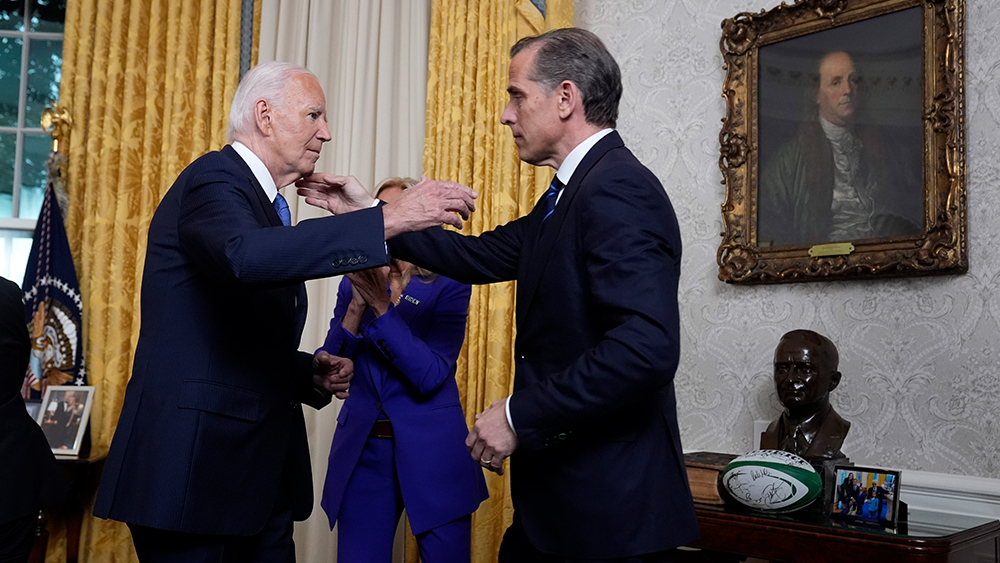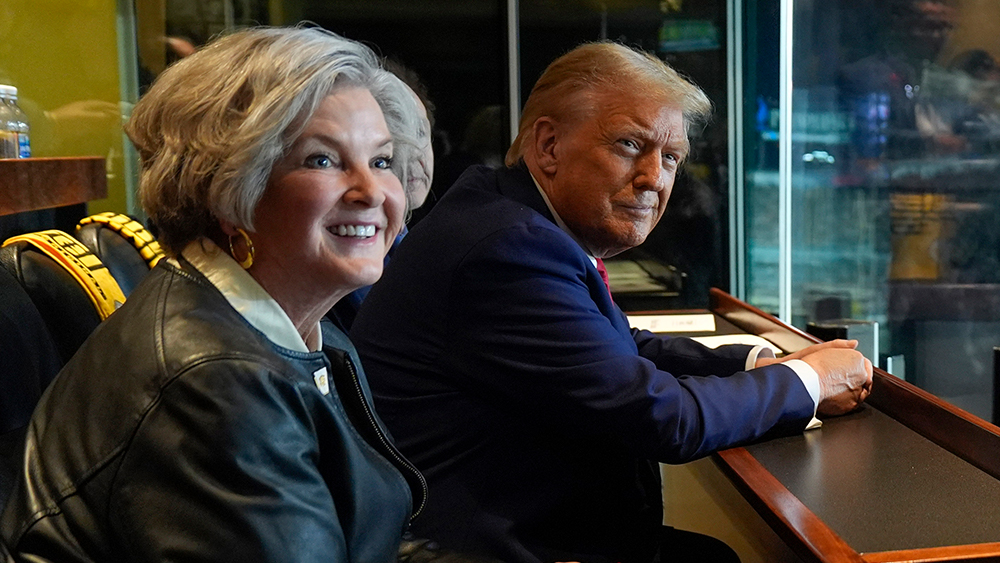
Trials, not models, should be used to create public health interventions
Heneghan and Jefferson are humble with their findings, calling themselves "two old geezers" who simply decided to take a closer look at the data backing the claims. What they found is all too common in today's world: wild assumptions based on flawed science. "Models simply should not be used," they say. "Large, well-designed, well-reported, and data-accessible trials should be used for global public health interventions. So, why are we using models to justify decisions?" This is a good question and one that Dr. Aseem Malhotra echoed on X / Twitter in pointing out these latest revelations. "Classic journalism is dead," wrote someone on social media about all this. "Activism is the new legacy media." Others simply could not fathom how Imperial College London managed to put together a study based on the idea that COVID jabs stop infection and transmission, which they admittedly do not do. "Yet the media keeps parroting this 'saved millions of lives' slogan," one pointed out about the ridiculousness of all this. "Even the assumption that vaccines against respiratory viruses work is wrong and has always been," added another to the conversation. "Sadly, very few doctors know this.""Can anyone send me the evidence of a single life ever having been saved by a vaccine?" asked another. "Go on, just one. It's OK, I know you can't." "The truth always comes out in the end," said someone else about how the truth will also rise to the surface eventually. The latest COVID news can be found at Plague.info. Sources for this article include: X.com Spectator.co.uk NaturalNews.com1/3
Once you understand how natural immunity against airborne viruses is created you will never want an injection again. Did you know that immunity against airborne viruses is created in your gut? Peyers patches. pic.twitter.com/hlaXJttDBN — Gaute Adler Nilsen ? Shadow-? ????? (@GauteNilsen) September 3, 2023
Russia pondering an Oreshnik missile strike on Zelensky’s HQ in Kyiv
By Ethan Huff // Share
Bill Gates, Jeff Bezos want “climate vaccines” laced into the food supply
By Ethan Huff // Share
Doctor says everything about COVID-19 “was a lie from the beginning”
By Cassie B. // Share
Federal authorities arrest Arizona man for threatening to KILL Donald Trump and his family
By Laura Harris // Share
Joe Biden PARDONS son Hunter despite repeatedly insisting he wouldn’t
By Ramon Tomey // Share
Several Trump Cabinet and administration nominees targeted with BOMB THREATS and SWATTING ATTEMPTS
By Arsenio Toledo // Share
Russia pondering an Oreshnik missile strike on Zelensky's HQ in Kyiv
By ethanh // Share
Bill Gates, Jeff Bezos want "climate vaccines" laced into the food supply
By ethanh // Share
Doctor says everything about COVID-19 “was a lie from the beginning”
By isabelle // Share








